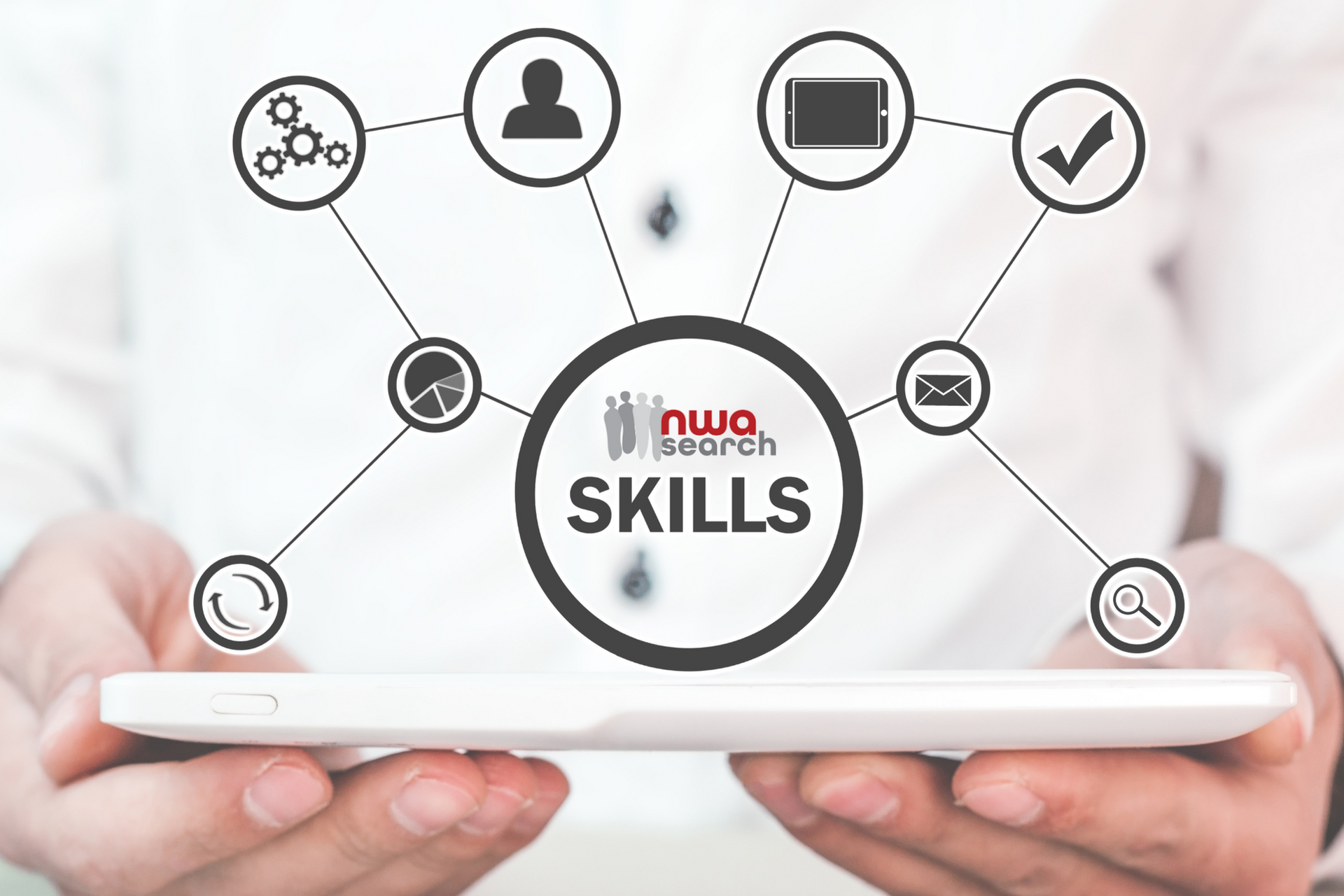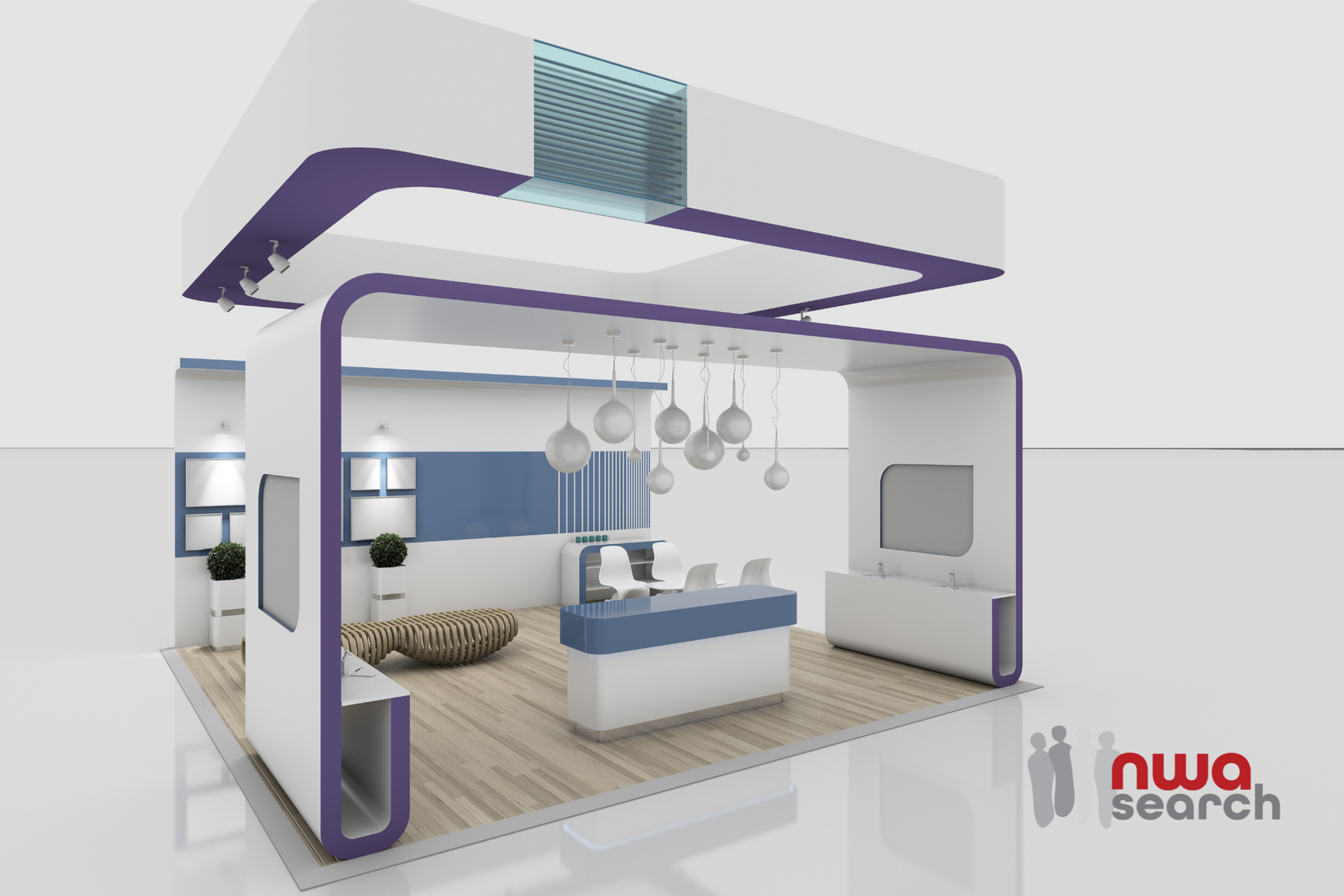What is the Employee Experience?
What is the Employee Experience?
By William Beaumont-Oates | Thomas International Ltd

We have all experienced a workplace where our experience makes us want to stay for many years to come and unfortunately, other experiences may make us want to leave a lot sooner. In fact, many HR professionals believe that it is employee experience that dictates just how long someone wants to stay in a particular place of work especially when you consider things such as employee social networks, promotions, or rewards and recognition for their contributions.
It is commonly thought that the experience someone has at their workplace increases over time but in reality, studies show that the employee experience can decrease by as much as 22% in the first six months of employment.
In this guide we are going to answer the question of what employee experience is, how to measure it and why it matters - as well as what you can do to improve the employee experience in your organisation.
What is employee experience and why is it important?
Employee experience, akin to customer experience, reflects the atmosphere and workflow within an organisation. This encompasses several factors including the onboarding process, colleague interactions, leadership dynamics, work environment, and the technology used. The experience may vary by sector, with retail employees' interactions with customers being a key example. Employee control over their work environment, including choice between remote or on-site work, also significantly impacts their experience.
Employee experience is crucial for both individual satisfaction and broader organisational success. A positive experience can boost engagement levels, with Gallup reporting a 21% increase in profitability for companies with highly engaged teams. Moreover, organisations offering a superior employee experience see 40% lower turnover according to a report by Deloitte. Positive employee experience fosters loyalty, improves productivity, and can attract top talent. Conversely, neglecting employee experience can lead to higher attrition rates, lower productivity, and reduced company reputation. Thus, prioritising employee experience is essential for nurturing a motivated, committed, and high-performing workforce.
10 ways to measure the employee experience
1. First impressions
A prospective candidate's initial interaction with a company, often through a job advertisement or a related context, has a substantial impact on their employee experience. This primary touchpoint not only communicates job specifics but also introduces the company culture and values, shaping their perceptions about the work environment. It influences their expectations and initial understanding of the organisation's ethos. A well-crafted, transparent initial interaction can set the stage for a positive employee experience, fostering engagement, and encouraging a candidate's decision to join. It can also lay the foundation for long-term satisfaction, loyalty, and productivity in their potential tenure.
2. Interview experience
The interview experience is a key determinant in shaping a prospective candidate's view of a company and lays the foundation for their future employee experience. This interaction, beyond evaluating the candidate's suitability for a role, also communicates the company's culture, work environment, and values. An organised, respectful, and transparent interview process can create a positive perception, signalling that the company values its workforce. Conversely, a poor interview experience may dissuade qualified candidates and harm the company's image. Therefore, a positive interview experience is paramount in attracting and retaining top talent, and in moulding their overall employee experience.
3. Candidate experience
The candidate experience, starting from encountering a job advert to the interview process, is critical in shaping a prospective employee's perspective of the company and their ensuing employee experience. This journey mirrors the company's culture, values, and attitude towards employees. A well-handled candidate experience, marked by clear communication, respect, and transparency, not only attracts potential hires but also sets a foundation for their engagement and satisfaction within the company. Conversely, a negative experience can deter talented candidates and negatively impact the company's reputation. Thus, prioritising a positive candidate experience is essential for fostering a productive employee experience.
4. Onboarding
The onboarding process is a very important part of the employee experience. It will give the new employee an idea of what is expected of them but also, an insight into the business, how people feel and work to the requirements of the business.
The onboarding process can have a significant impact on an employee’s tenure. It starts when the new hire accepts your offer and continues through the first weeks, months, and even their first year on the job.
5. Colleague interactions
What are the colleagues saying about the business/department? What experiences are they having that can influence decision making and how long someone stays or goes?
Think about a time you have joined a team and it was positive compared to a time where the experience was negative. It all has an influence on the outcome for the new hire.
6. Leadership
Leadership plays a vital role in shaping the employee experience. Good leaders establish a positive work culture, communicate effectively, and inspire motivation, directly impacting employees' satisfaction and engagement. Poor leadership, on the other hand, can lead to a negative work environment, low morale, and reduced productivity.
7. Work environment
As pointed out, employees with choice in where they work have higher levels of employee experience than those who don’t, such as remote or on-site workers.
However, with more people returning to the office, is the workplace somewhere that they can feel comfortable at? Are they relaxed in an environment where they can achieve their work to the best of their abilities?
8. Technology
Technology can not only help to make life easier for employees, it can also help track the development of an employee as well - and the experiences they are having. Using technology to produce assessments and surveys at timely intervals is essential to help in diagnosing issues and resolving them quickly.
9. Psychological safety
Psychological safety in the workplace significantly impacts employee experience. It fosters an environment where individuals feel comfortable expressing ideas, taking risks, and admitting mistakes without fear of criticism or punishment. This climate of trust promotes innovation, collaboration, and engagement, enriching the overall employee experience. Conversely, a lack of psychological safety can lead to anxiety, reduced creativity, and disengagement, negatively affecting performance and morale. Hence, organisations should prioritise psychological safety to enhance employee satisfaction, productivity, and retention, ultimately cultivating a healthier, more positive, and productive workplace.
10. Development opportunities
Development opportunities in the workplace significantly influence the employee experience. These opportunities, which include continuous learning, career advancement, and skills training, demonstrate a company's investment in its employees. They contribute to personal and professional growth, boosting employee satisfaction, engagement, and loyalty. Employees are more likely to feel valued and motivated when they perceive their growth is a company priority. On the contrary, a lack of development opportunities can lead to stagnation, decreased job satisfaction, and higher turnover rates. Therefore, fostering a workplace culture that prioritises employee development is essential for enhancing the overall employee experience.
The difference between employee experience and employee engagement
There is a difference between employee experience and employee engagement. Whilst engagement is fundamental to the experience, and many of the tools used to measure experience come from the fundamental aspects, employee engagement differs in four key elements.
- Enablement This is where the team has the necessary tools to be able to do their work or decisions are made in a timely manner that can help speed up the process.
- Energy What energy is there to complete the task? Are you overstretching resources or do you need someone with a different take on how to deliver in this project?
- Empowerment How are you empowering your team to deliver the results required? From the managers to the employees, what is taking place to help in getting the project/business results required?
- Encouragement Being able to encourage change, progress, delivery is all part of the engagement strategies used on a daily basis to help your team deliver and feel part of the organisation.
Employee engagement is a psychological state that’s constantly shaped by an employee’s day-to-day work environment, culture and sense of purpose. It is what happens on a daily basis to help drive the objectives of the organisation rather than the experience which is about the total feeling around the place of work as a whole.
Fundamentally, a positive employee experience facilitates the feeling or state of being highly engaged, content and committed—which paves the way for an unrivalled, high-performance workplace.
Why employee experience matters
So why does employee experience matter and why is it important? There are many different associated benefits of developing the employee experience, these include:
- High staff engagement The more engaged the staff, the more likely they are to stay and deliver better results - especially inline with the requirements of the organisation.
- Happier workers Happy workers are 13% more productive than not unhappy workers. You want to establish an environment where happiness matters and that providing happiness to your employees can make all the difference.
- Higher productivity Better engagement and happier employees make for a more productive workforce. Imagine having your organisation hit targets and do it in a place they enjoy working as well?
- Lower absentee rates Absenteeism can be a real challenge for businesses, whilst some sick days are the norm, many can lead to disruption of all kinds in the workplace. Reduced absenteeism means people are going to be more productive and less likely to change jobs.
- Higher quality work Generally there is a better quality of work associated with a better employee experience. The happier and more productive someone feels and becomes, the more the work speaks for that experience.
- Improved customer relations driving greater customer satisfaction The better the experience for your employees, the more that reflects in the experience for your customers. They will reflect a positive attitude and nature towards your customers.
It’s not a coincidence that the most successful organisations are able to attract, nurture and retain top talent - which is key to their success.
9 ways to improve employee experience
Having established why employee experience is so important, let’s take a look at how you can improve employee experience within your organisation.
1. Promote open communication
Open and transparent communication is the backbone of a positive employee experience. Encourage regular feedback, updates, and dialogue to make employees feel heard and valued.
2. Invest in development opportunities
Continuous learning and professional development are vital for employees. Offering skills training, career advancement opportunities, or mentorship programs can help them grow and stay engaged.
3. Establish a positive work environment
A safe, inclusive, and comfortable workspace promotes productivity and satisfaction. This includes both physical spaces and a culture that encourages collaboration and respect.
4. Recognise and reward effort
Employees feel valued when their efforts are recognized. Whether it's a small acknowledgement for a job well done or a larger reward for significant achievements, recognition can boost morale and motivation.
5. Foster a strong leadership team
Good leaders inspire, motivate, and guide their teams. They play a crucial role in establishing a positive work culture and directly influence the overall employee experience.
6. Prioritise work-life balance
Encouraging a healthy work-life balance shows respect for employees' personal lives. Flexible schedules, remote work options, and respecting personal time can greatly improve employee satisfaction.
7. Provide the right tools and technology
Equip your team with the latest tools and technology they need to perform their jobs efficiently. This not only increases productivity but also reduces frustration and creates a smoother workflow.
8. Support employee well-being
Physical and mental health should be a priority. Implement wellness programs, provide resources for mental health, and create a supportive environment to improve overall employee well-being.
9. Cultivate psychological safety
Create an environment where employees feel safe to voice their ideas, make mistakes, and learn from them. This fosters innovation, improves team dynamics, and positively impacts the employee experience.
By investing in these areas, organisations can not only improve the employee experience but also increase employee engagement, productivity, and retention, leading to a healthier and more successful business overall.
The impact of employee social networks, promotions, rewards, and recognition on employee experience
A company's success doesn't solely hinge on its business strategy or financial prowess, but also on the experience it provides to its employees. Two critical components of this experience are the cultivation of employee social networks and the effective implementation of promotions, rewards, and recognition.
Boosting employee experience through social networks
Workplaces are social hubs. The relationships employees form with their colleagues significantly impact their job satisfaction and collaboration efforts. Strong social networks create a supportive, vibrant atmosphere that enhances the overall employee experience. Strategies to nurture these networks include organising team-building activities and social events, and encouraging participation in cross-functional projects. These initiatives foster a sense of camaraderie and belonging, enhancing job satisfaction and boosting productivity.
Promotions: enhancing employee experience
Promotions are a vital part of the employee journey, offering opportunities for growth, increased responsibility, and a sense of accomplishment. They signify the organisation's acknowledgment of an employee's skills and contributions. However, the process must be fair and transparent. A well-defined promotion structure that aligns with an individual's abilities and contributions can significantly enhance the employee experience.
The power of rewards and recognition
Rewards and recognition programmes play a pivotal role in boosting employee morale, motivation, and experience. Recognition may be as simple as an "employee of the month" program, a peer-to-peer recognition platform, or a performance-based bonus system. Such initiatives show employees that their efforts are valued and appreciated, thus strengthening their engagement and commitment.
The key to effective recognition is personalisation. Recognising employees for their unique contributions makes them feel individually valued and appreciated, thereby enhancing their work experience. It's also crucial to align these programmes with the organisation's values, reinforcing desired behaviours and fostering a positive work culture.
Continuous feedback and recognition
Continuous feedback and performance evaluations are essential for identifying employees deserving of promotions, rewards, and recognition. Regular constructive feedback helps employees understand their performance status and the steps they need to take for growth.
Further, managers and leaders should actively recognise and celebrate employee accomplishments, fostering a culture of appreciation. A simple acknowledgment can significantly boost an employee's morale and engagement, positively impacting their overall experience.
Fostering robust employee social networks and strategically implementing promotions, rewards, and recognition can significantly enhance the employee experience. By focusing on these elements, organisations can create a work environment that is not only productive but also fulfilling and rewarding.
Employee experience in summary
In conclusion, the concept of employee experience extends beyond merely a positive workplace. It encapsulates various facets such as onboarding, leadership, work environment, colleague interactions, and technology, all of which play a critical role in defining an individual's journey in an organisation. The employee's initial encounter with a company, either through a job advert or interview, can greatly shape their perceptions and expectations. Positive impressions from these first experiences often lay a solid foundation for engagement and satisfaction within the company.
Fostering strong employee social networks and implementing strategic promotion, reward, and recognition programmes can significantly enhance the employee experience. Cultivating a workplace culture that prioritises employee development, promotes psychological safety, and facilitates effective communication can lead to higher job satisfaction, engagement, and organisational success.
Effective rewards and recognition programmes that are personalised and align with the organisational values can boost morale, motivation, and foster a positive work culture. It is equally important to provide continuous feedback and evaluations, allowing for consistent growth and learning.
As organisations strive to deliver the best experience, the focus must be on creating an environment that supports growth, nurtures talent, and recognises effort. By doing so, organisations can improve their overall productivity, retain talented employees, and nurture a thriving, positive workplace that resonates with both current employees and potential candidates alike.










